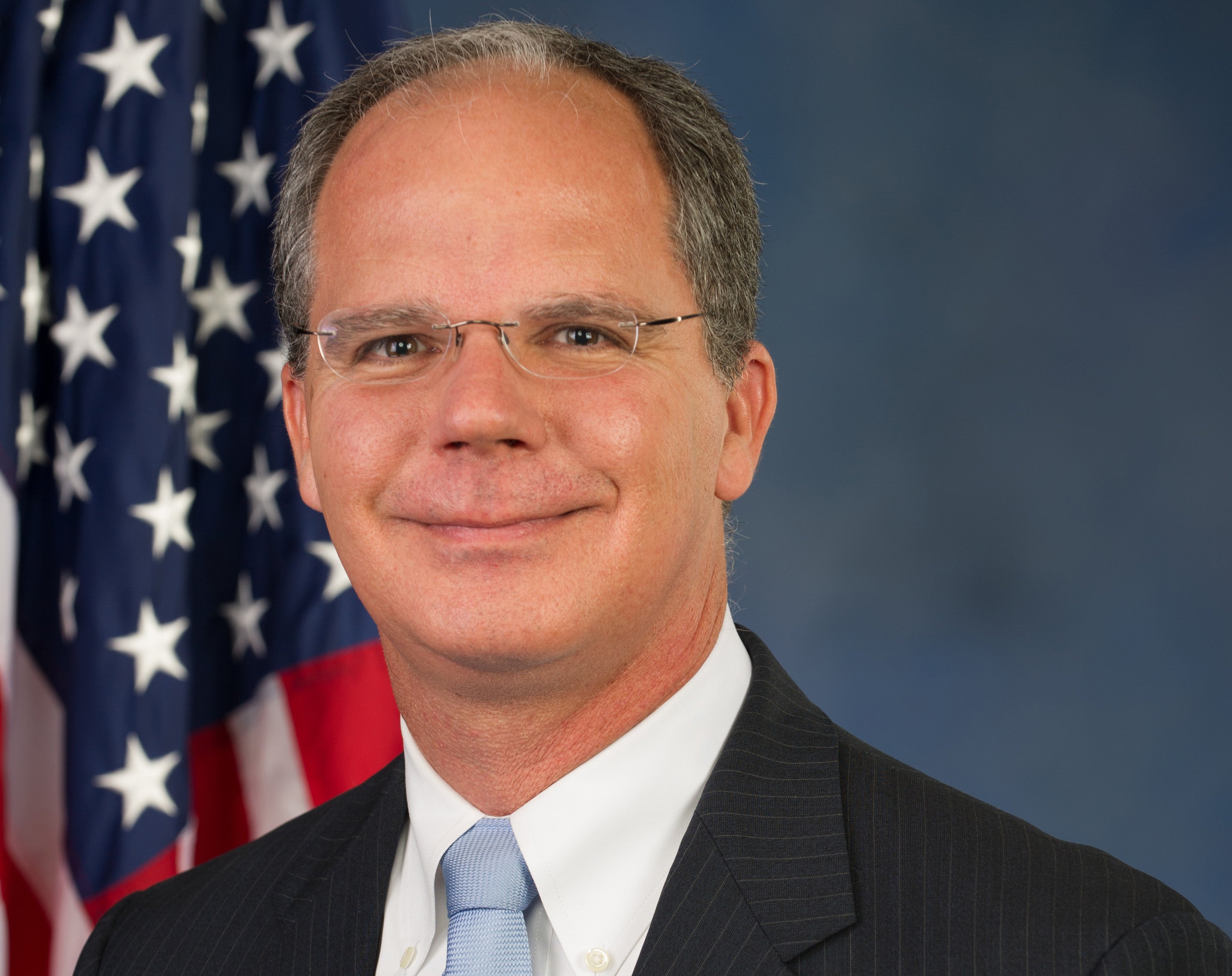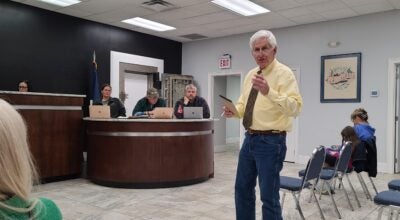Rep. Guthrie: Don’t compare COVID-19 to flu
Published 6:44 pm Wednesday, March 18, 2020
The COVID-19 coronavirus is not the flu, and the two viruses really shouldn’t be compared, according to U.S. Rep. Brett Guthrie (R-Kentucky), who represents Kentucky’s Second Congressional District, including Boyle County.
“This is more communicable than the flu, so it’s easier to catch … and it’s more deadly in seniors than the flu — by about 10 times,” Guthrie said.
Unfortunately, that hasn’t stopped some people from trying to put figures for the flu and COVID-19 side-by-side — in a way that might make people less likely to take COVID-19 seriously, Guthrie said.
It is true that the U.S. typically handles around 39 million flu cases in a season. It is also true that there had been far fewer reported cases of COVID-19 in the country as of Wednesday, Guthrie said. But he urged that no one should take those numbers out of context.
Because COVID-19 kills many times more of the people it infects, it poses a real problem if people don’t act cautiously now, he said.
“If we ever got to 39 million cases of coronavirus, it would completely overwhelm our hospital system … we couldn’t be able to handle the capacity,” he said.
Guthrie serves on the Health Subcommittee for the House Energy and Commerce Committee — a role that means he’s in daily contact with the health officials and agencies leading the nationwide effort against COVID-19.
The committee is working with the National Institutes of Health, the Centers for Disease Control and Prevention, the Centers for Medicare and Medicaid Services and others to address the threat. They are monitoring where cases of COVID-19 are spreading, overseeing development of vaccines and working to make testing easier and more available, among other things.
Guthrie said the committee was involved in getting $8.2 billion allocated to get more testing done.
Best practices like staying home whenever possible, avoiding interactions with other people and social distancing (maintaining 6 feet of space from other people) are very important, Guthrie said.
In Italy, the country did not get ahead of the virus with the right strategies, and the number of people in need of medical care there has far exceeded the country’s health care capacity, in terms of hospital beds and ventilators for people who can’t breathe on their own, Guthrie said. Italy is now facing a death rate from COVID-19 of 7%.
According to CDC data updated Wednesday, there had been more than 7,000 reported cases of COVID-19 in the U.S. The number of deaths from COVID-19 has now topped 100, according to Guthrie and numerous news reports. That places the death rate from COVID-19 in the U.S. well below 2% right now — far below Italy but still much higher than the death rate of the flu, which is usually around 0.1%.
Guthrie said he is hopeful by taking precautions now, the U.S. can get on the “downside” of the curve — where the number of cases are decreasing rather than increasing — sooner. South Korea is one country that took preventative measures like the U.S. is doing, and it’s already on the downside of the curve, he said.
Guthrie said he believes Kentucky Gov. Andy Beshear and U.S. President Donald Trump are both making good decisions that will help limit COVID-19’s impact.
“The governor has had to make tough decisions and I think that he has made the right ones. We just need to make sure the people that are negatively affected by those decisions, businesses in particular, are taken care of as well.”
That’s why Congress has been working to respond with legislation that can help — and then update its work as the situation develops, he said.
For example, the House passed a bill to give paid family leave to people who self-isolate for up to 14 days. The plan was for people to voluntarily stay home and have their employers pay them anyway; then, the U.S. government would pay back the employers those costs through claims against their taxes, Guthrie said.
But as the situation developed, whole businesses were having to close. Business owners began telling members of Congress, including Guthrie, that they didn’t have the money to pay employees now, even if they were getting the money back later.
“So now, we’ve moved on,” Guthrie said, and Congress may soon be sending $2,000 checks to most people as an alternative solution.
And more solutions beyond that may be needed — because even if someone has thousands more dollars to spend, they can’t spend it at a closed business, Guthrie said.
Congress also needs to work on getting assurances from banks and others that they will be flexible with businesses that might not be able to make a mortgage or utility payment one month.
“My goal is to make sure that our small businesses are protected,” Guthrie said.
But right now, social distancing and slowing the spread of the virus should be the top priority for everyone in their daily lives, he said. Guthrie said his family is participating in those best practices. His daughter recently returned early from a study-abroad trip in Argentina because of COVID-19, and she wanted to see her grandfather when she got back. But because she had been in another country and inside airports on the way home, she is waiting two weeks to ensure she doesn’t get sick before she sees him, Guthrie said.
“Getting to see your grandfather and give him a hug isn’t worth it if he’s going to get sick and pass away,” he said.
Guthrie said his own personal experience is that “people are mitigating by not being out and not being in public as much.”
Staying apart physically is important, he said, “but we are also coming together as a country and we need to be unified as a country … because the virus is going to infect whoever it infects, and we need to make sure we’re all working together to take care of those people who are infected.”
Guthrie said he is working to do just that, as well as looking out for businesses struggling through the crisis.
“That’s my goal and my commitment,” he said.







